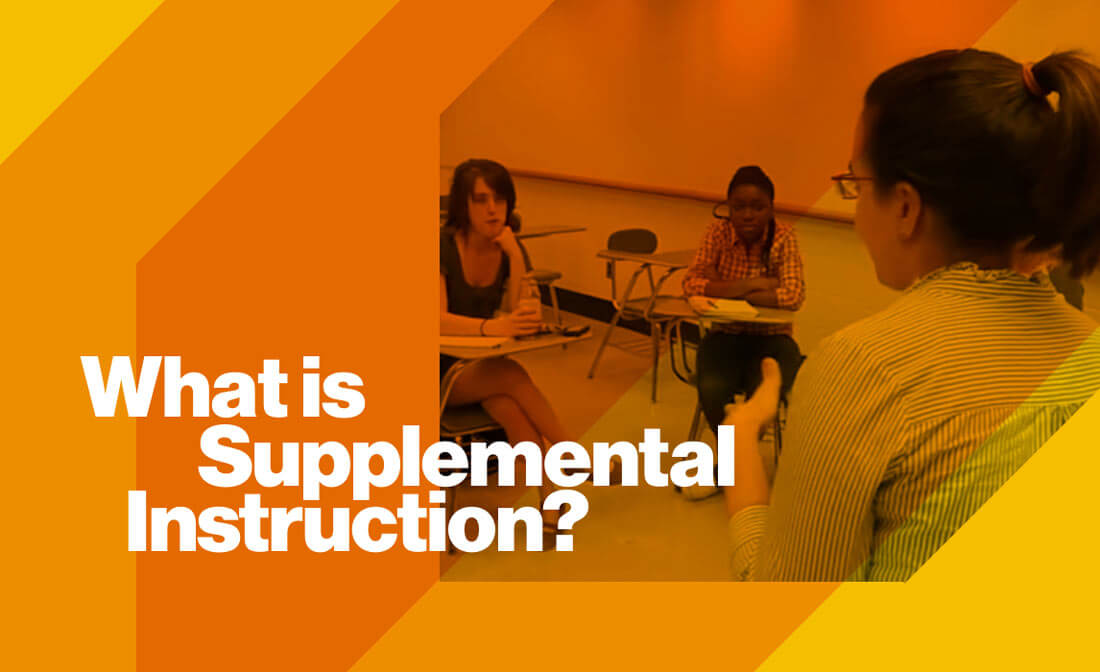Supplemental Instruction
Take a proactive approach to your courses and try an SI session. For those who are enrolled in supported sections of traditionally challenging courses, these weekly sessions can help you succeed in the class.
What is Supplemental Instruction?
Facilitated by a peer leader who has previously completed the course, these structured, one-hour sessions encourage collaboration to identify what to learn and how to learn it. International data suggests that students who regularly attend SI sessions are more likely to earn a higher grade in the course.
RIT's program is certified by the International Center for Supplemental Instruction at the University of Missouri-Kansas City.

Elements of Supplemental Instruction
- SI targets challenging courses, rather than struggling students.
Supported course have been identified based on historical rates of D, F, & W’s in the class. - Facilitated by a peer leaders who recently completed the course with an A or B.
SI Leaders are not hired as content experts, as they are asked not to teach or tutor students. Instead, SI Leaders schedule, plan, and facilitate structured study sessions each week. - SI Leaders are model students and having recently completed the course, SI Leaders share what it took to be successful.
- SI Leaders embed healthy academic routines into the course.
- SI Leaders regularly attend the class meetings, including all quiz and exam days. This not only benefits the students, but the SI Leader’s ability to be fully in touch with what’s happening in class each day.
- SI Leaders meet for weekly training, which are modeled in the style of an actual SI session.
- SI Leaders are regularly observed to ensure quality of service provided to student participants, while informing future training topics.
- Coordinated by trained staff through UMKC’s Supervisor Training.
- Faculty supports the program by allowing SI Leaders to fully participate as a student in the class, as well as assisting us with identifying new SI Leader candidates.
- Regularly scheduled sessions are offered from the start of the term, and participation is always voluntary and anonymous for those enrolled in supported sections.
- Program evaluation takes place to improve quality, as well as to inform campus partners of outcomes.

